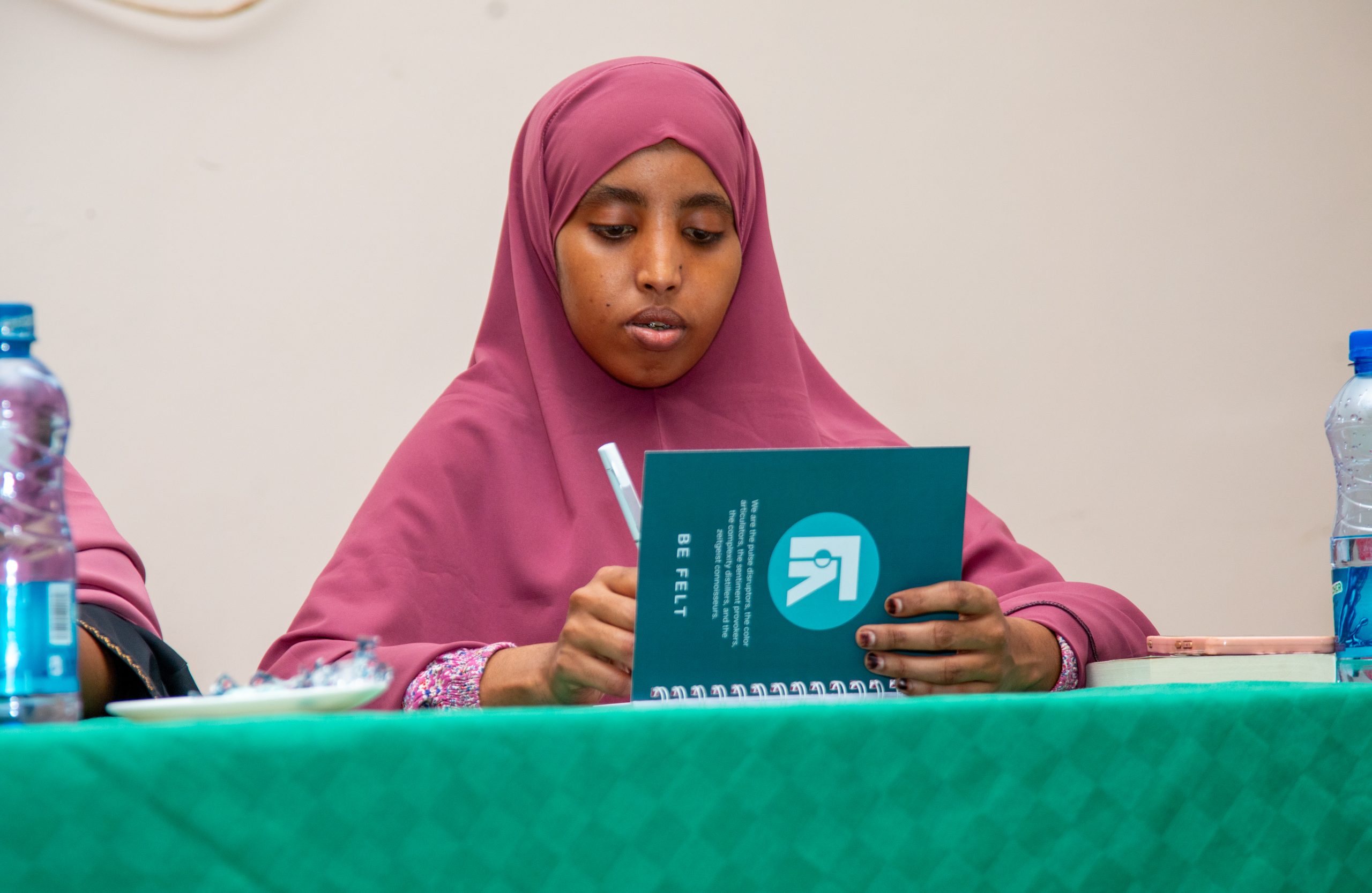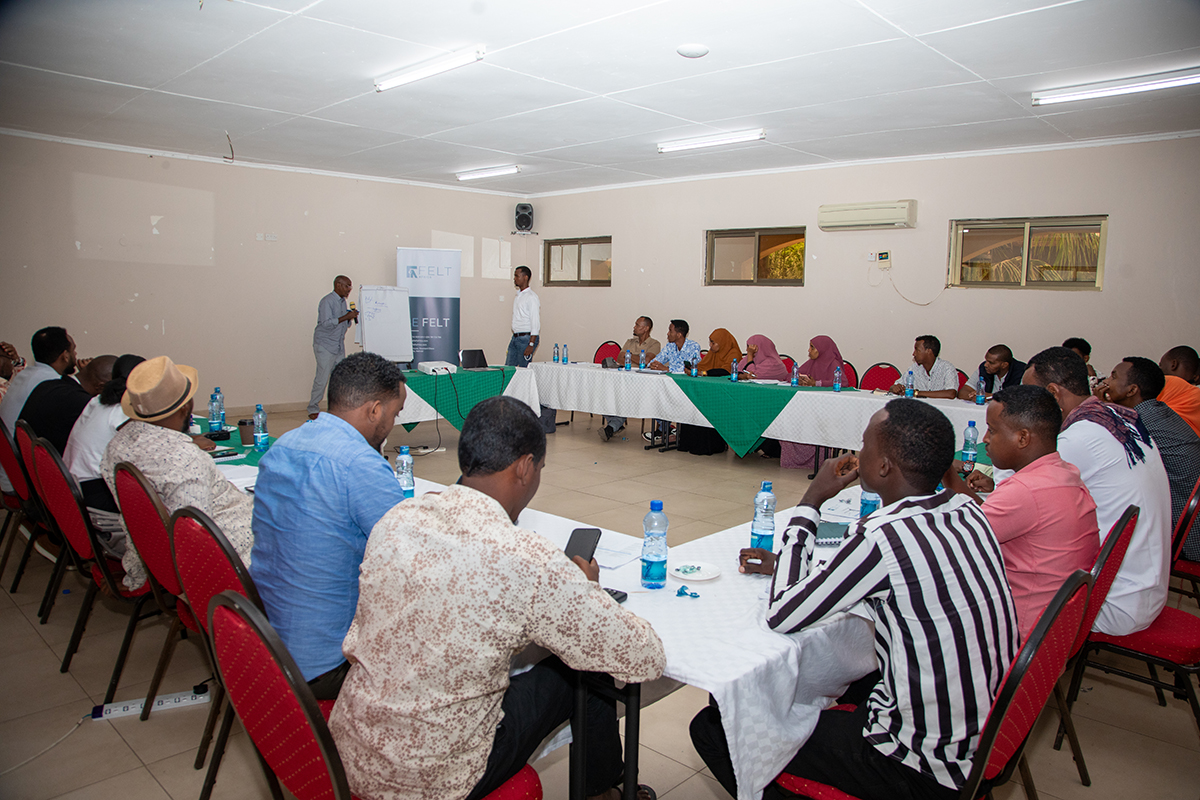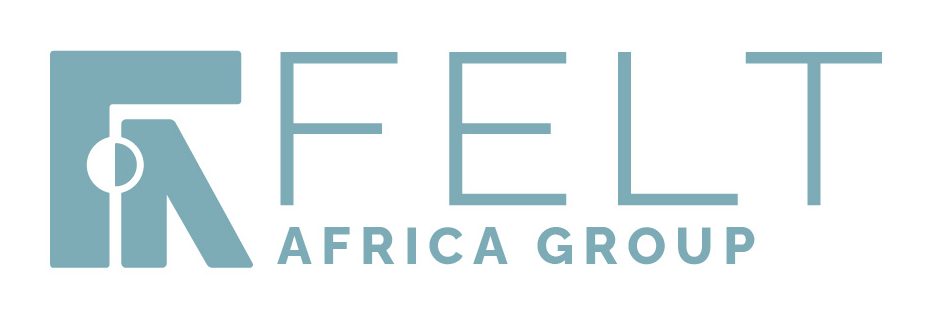
14 Jan Ethical Journalism Training Empowers Northern Kenya Journalists to Promote Integration
For media organizations, practitioners, and journalists working in or reporting on Northern Kenya, recognizing the region’s socio-political complexities is crucial and central to the media’s role. This understanding directly shapes stories highlighting issues from the area and reinforces the importance of ethical journalism in building bridges and unity.
FELT Africa organized a successful three-day training session held in Garissa Town, Garissa County, from January 10 to 12, 2025, the first of its media training series,
The training targeted radio journalists and presenters from various media covering the Northern Kenya region. The discussions sought to enhance journalists’ capacity for ethical, accurate, and sensitive reporting in promoting national cohesion and integration.
The training attracted 19 radio journalists from Garissa, Wajir, Mandera, and Isiolo counties and Nairobi-based media houses with a significant audience in Northern Kenya.

The journalists represented the diverse Somali, Swahili, English, and Borana-language radio stations, highlighting the program’s commitment to inclusivity and regional relevance.
The training successfully equipped journalists with skills in media law, conflict-sensitive reporting, and adherence to journalistic ethics codes, directly addressing the critical need for responsible media practices. The training had an impressive 90% rating from the participants.
Most participants described the session on conflict-sensitive reporting as a “turning point” in their understanding of how media narratives can profoundly influence societal harmony.
On the other hand, the session on media law helped improve the journalists’ understanding of critical parts of the law, including defamation, privacy laws, and the Computer Misuse and Cybercrimes Act, which are key in aiding journalists navigate legal risks while upholding high ethics standards.
Overall, the training involved practical journalism skills and structured panel discussions that analyzed hypothetical scenarios based on real-life challenges in the region, especially the dilemmas involving political reporting and balancing privacy rights. The participants appreciated the trainer’s decision to use Kenyan legal case studies, which helped contextualize the intersection of law and media in real-world scenarios.
Ultimately, the sessions successfully fostered a strong commitment to ethical journalism with participants’ pledge to implement professional guidelines in their line of duty as they remain open to seeking continued mentorship and resources.
Felt Africa plans to continue these programs countrywide, developing resources and fostering collaborations to empower journalists as agents of national cohesion and champions of ethical journalism.

